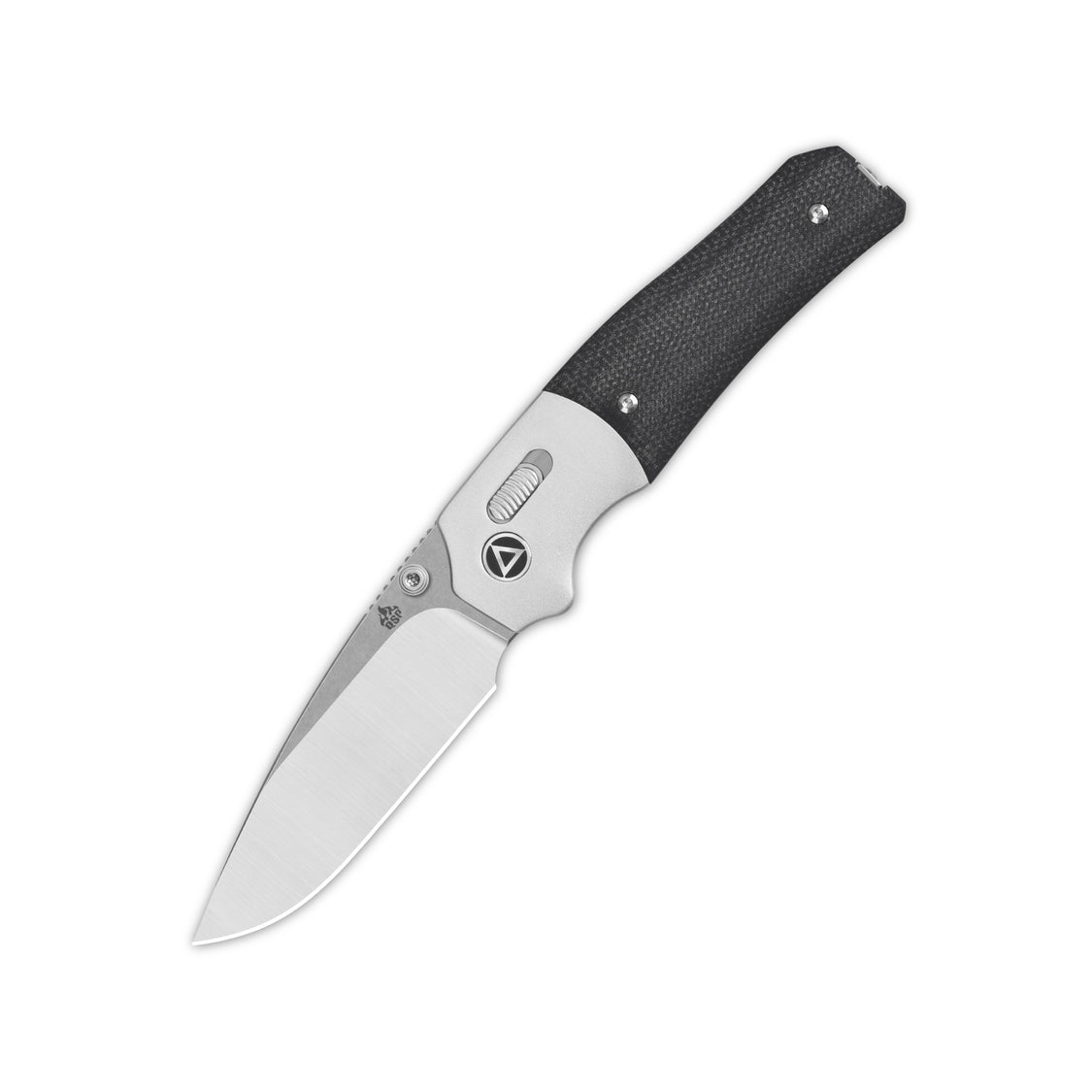The History of Knives in Self-Defense: How Tools of Survival Evolved into Personal Safety Weapons
الجسم
Throughout history, knives have served as essential tools for survival, but their role has significantly evolved over time. Today, they are often viewed through the lens of self-defense insights: the role of knives in personal safety. This article delves into the historical context, modern implications, and the nuanced understanding of knives as self-defense weapons.

Historical Context of Knives
Knives date back to prehistoric times, originally crafted from stone and later from metals. These tools were primarily used for hunting and food preparation. However, as societies evolved, so did the purpose of knives. In many cultures, knives became symbols of status and power, often carried by warriors and leaders.
Knives in Ancient Civilizations
In ancient civilizations, such as Egypt and Rome, knives were not only practical tools but also weapons of choice in personal combat. The design of knives evolved to enhance their effectiveness in both utility and self-defense. For instance, the Roman gladius was a short sword that exemplified the dual role of knives in warfare and personal safety.
Modern Perspectives on Knives as Self-Defense Tools
In contemporary society, the perception of knives has shifted. While they remain essential tools for various tasks, their potential as self-defense weapons has garnered attention. Understanding the self-defense insights: the role of knives in personal safety requires a nuanced approach. Are knives effective for self-defense? The answer is complex and depends on various factors, including the user's training and the situation at hand.
Legal Considerations
Before considering a knife for self-defense, it is crucial to understand the legal implications. Laws regarding knife ownership and use vary significantly across regions. In some places, carrying a knife for self-defense is legal, while in others, it may be restricted or prohibited. Always research local laws to ensure compliance.
Training and Preparedness
While possessing a knife can provide a sense of security, it is essential to approach self-defense with the right mindset. Training is vital. Engaging in self-defense classes that incorporate knife techniques can enhance your skills and confidence. Additionally, understanding the psychological aspects of self-defense is equally important. How would you react in a threatening situation? Preparation can make a significant difference.
Practical Tips for Knife Safety
- Always keep your knife in a secure location.
- Familiarize yourself with your knife's features and capabilities.
- Practice safe handling and storage to prevent accidents.
- Consider taking self-defense classes that focus on knife techniques.
Conclusion: The Evolving Role of Knives
In conclusion, the role of knives in personal safety has evolved from mere survival tools to complex instruments of self-defense. Understanding the self-defense insights: the role of knives in personal safety involves recognizing their historical significance, legal considerations, and the importance of training. As society continues to change, so too will the perceptions and uses of knives in self-defense. By staying informed and prepared, individuals can navigate the complexities of personal safety with confidence.











تعليقات